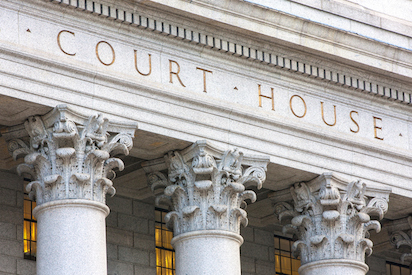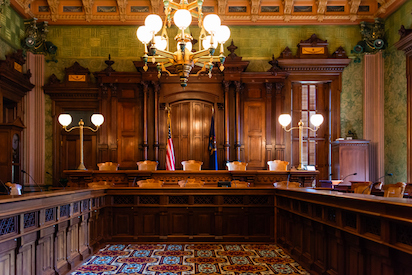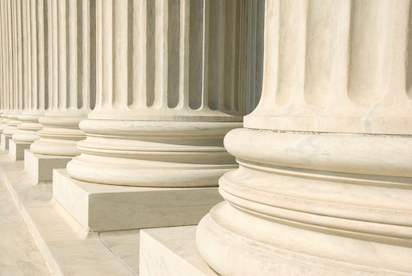
Book Review
Exploring the Origins of America’s ‘Adversarial’ Legal Culture
by Edward A. Purcell, Jr.
Introduction Amalia D. Kessler’s Inventing American Exceptionalism is a tour de force of historical imagination, analysis, and synthesis. Asking fresh questions that open new vistas of understanding, her book illustrates some of the complex ways that social factors shape legal thinking on matters ranging from arcane procedural technicalities to fundamental institutional assumptions. Changing social and…



